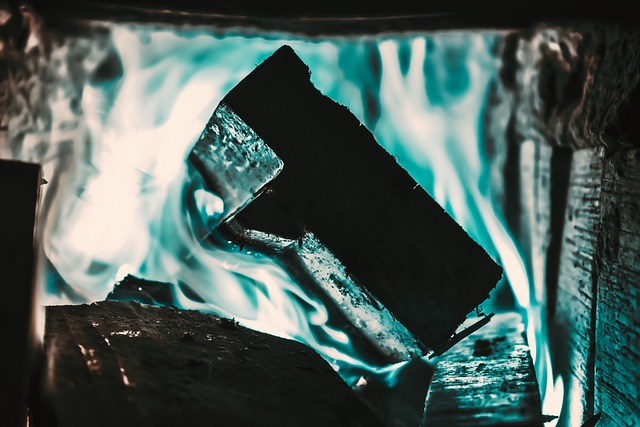Hard water, high in minerals, damages water heaters over time, leading to lower efficiency, higher energy bills, and shorter lifespans. Regular maintenance, including flushing, cleaning, inspections, and part replacements, prevents these issues. Installing a water softener, maintaining drainage, and professional inspections further extend the heater's life, save on utility costs, and ensure consistent heating performance.
Hard water can wreak havoc on your water heater, causing buildup and reducing its lifespan. This article delves into the science behind hard water’s damage, exploring how mineral deposits and scale formation lead to inefficient heating and potential failures. We’ll guide you through identifying warning signs of water heater strain, offering essential maintenance tips for optimal performance, and providing effective solutions for repair and long-term prevention, ensuring your water heater runs smoothly with proper care.
- Understanding Hard Water and Its Impact on Water Heaters
- Identifying Signs of Damage and Maintenance Tips
- Effective Solutions for Water Heater Repair and Prevention
Understanding Hard Water and Its Impact on Water Heaters

Hard water, rich in minerals like calcium and magnesium, can significantly impact your water heater over time. These minerals have a tendency to accumulate on the heating elements and inside the tank, leading to various issues. The build-up of scale, or mineral deposits, can insulate the heating elements, reducing their efficiency and eventually causing them to fail. This not only shortens the life span of your water heater but also increases energy consumption, resulting in higher utility bills. Regular water heater maintenance is crucial to mitigate these effects.
Regular flushing and cleaning of the tank can help remove mineral deposits and maintain optimal performance. Water heater maintenance includes periodic inspection, cleaning, and replacement of parts as needed. By prioritizing water heater maintenance, you not only extend the life of your appliance but also ensure consistent access to hot water without unexpected breakdowns.
Identifying Signs of Damage and Maintenance Tips

Hard water can leave telltale signs on your water heater, indicating potential damage over time. One of the most noticeable symptoms is a buildup of mineral deposits or scale inside the tank, often appearing as white or chalky residue. This scaling not only reduces the efficiency of your heater but can also lead to hot water pressure issues and even leaks. Another sign to watch for is excessive energy consumption, as heavy scaling can force your heater to work harder to heat the water.
Regular maintenance is key to preventing such damage. Regularly flushing your water heater, typically every 3-6 months, helps remove these mineral deposits. It’s a simple process involving draining a portion of the hot water from the tank and refilling it with fresh water. Additionally, consider installing a water softener to reduce the levels of minerals in your water supply, thereby minimizing scale buildup on your heater.
Effective Solutions for Water Heater Repair and Prevention

Hard water can wreak havoc on your water heater, leading to costly repairs and reduced efficiency. The mineral buildup from hard water accelerates corrosion, damages heating elements, and reduces the life expectancy of your water heater. To mitigate these issues, regular water heater maintenance is crucial. This includes flushing the system annually to remove sediment accumulation and checking for leaks that can cause significant damage over time.
Effective solutions involve installing a water softener to reduce mineral content in your water supply, ensuring proper drainage by cleaning or replacing drains regularly, and scheduling professional inspections every few years. By implementing these water heater maintenance practices, you can extend the life of your unit, prevent costly breakdowns, and maintain optimal heating performance.
Hard water can significantly impact your water heater’s performance and lifespan, but with proper understanding and maintenance, these issues can be mitigated. By identifying signs of damage early on and implementing effective solutions, you can ensure optimal water heater health. Regular water heater maintenance, including flushing and cleaning, is key to preventing buildup and extending the appliance’s life. Additionally, considering water softening systems or using water filter systems can offer long-term protection against hard water damage. Prioritizing Water Heater Maintenance will not only save you from costly repairs but also ensure a reliable hot water supply for years to come.
